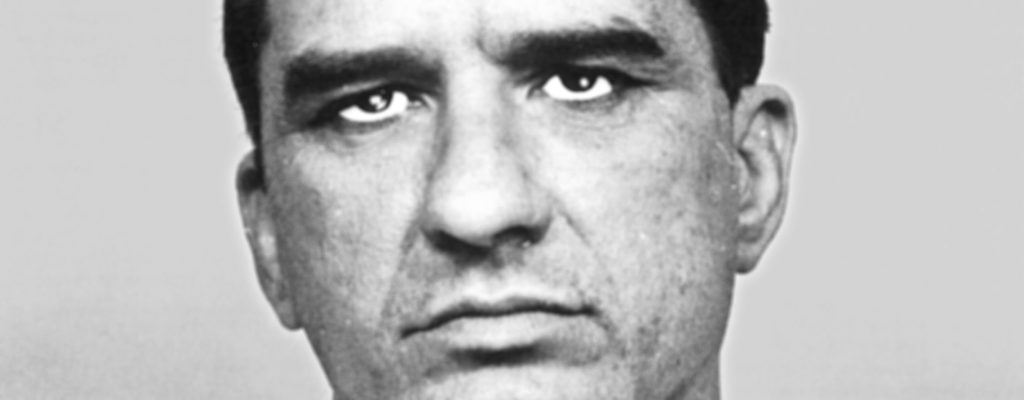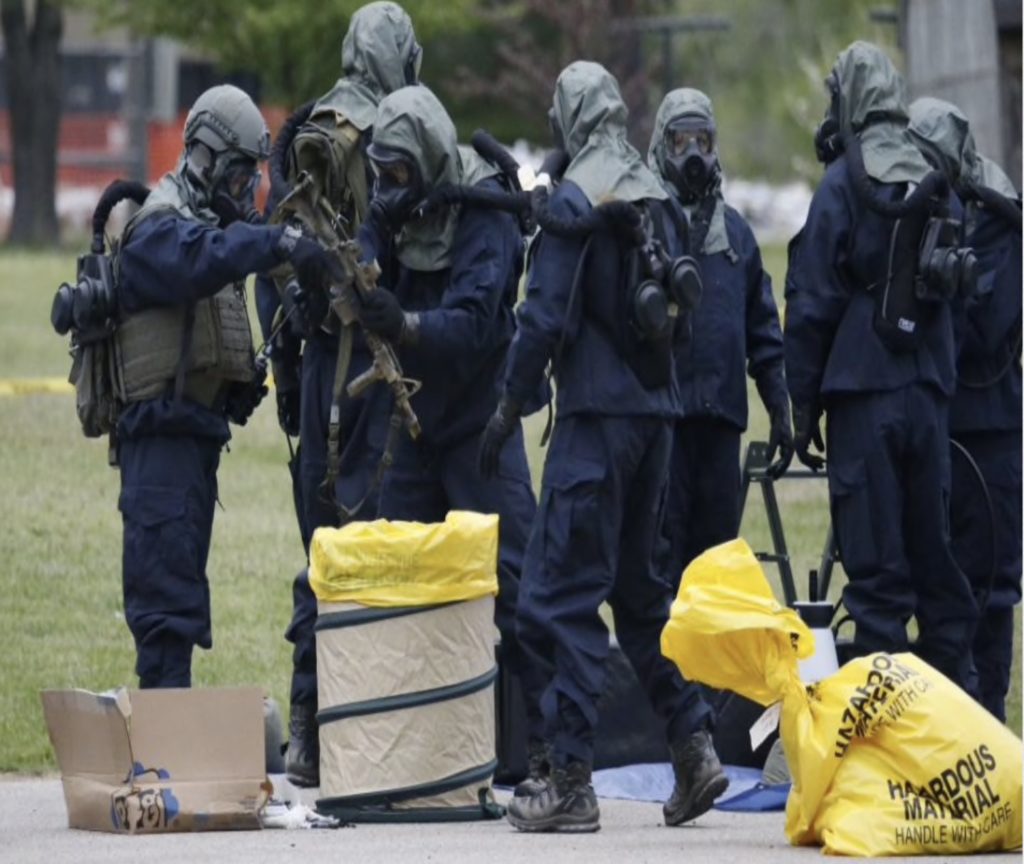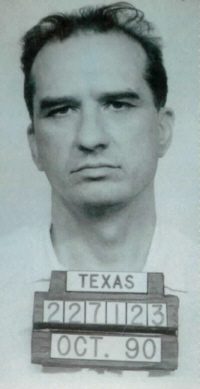
The rotor blades of a low flying helicopter beat the Virginia sky with the distinctive thumping sound of Apocalypse Now. Gunfire cracks from all corners of the FBI’s sprawling Quantico Training Academy located south of the nation’s capital in Virginia.

Agents of the elite Hostage Rescue Team clad in body armor, helmets, and goggles, step from the helicopter’s skids while precisely placing rounds into targets, as they practice rescuing a downed team member.

At another corner of the Academy on a mock Midwestern-style main street dubbed “Hogan’s Alley” agent trainees converge on a mock hotel where a violent fugitive is holed up. Role-playing bad guys fire a volley of 9mm paintball rounds at the agent trainees from their handguns.

And at another point of the compass at the Academy, FBI agents assigned to the Hazardous Materials Response Unit teams don “moon suits” to practice the legal protocols of collecting forensic evidence from the site of a weapon of mass destruction attack.
In sharp contrast to the frenetic training, a discreetly located Academy building houses the Behavioral Analysis Unit, which is commonly referred to as the “profilers”. Mindhunter the Netflix TV series is a fictional account of how FBI Agent John E. Douglas helped found the unit to figure out how serial killers think.
In June 2006 I met Supervising Special Agent Mary Ellen O’Toole as she quietly and methodically unraveled clues that might help local detectives catch psychopaths who had committed monstrous crimes.
O’Toole, who closely resembles the actor Ann Margaret, matched wits face-to-face with violent psychopaths throughout her career. O’Toole says a hallmark personality trait of the disorder is, “that lack of empathy for other people, that lack of concern for other people and what they are going through as a result of your actions. For a psychopath, they don’t have a sense of hurting of others, being concerned about what others think, they just don’t have it.”
O’Toole’s work often focused on psychopathic serial killers, child abductors, and sex offenders who have intertwined sex and violence, “that is a deadly combination. That’s a frightening combination,” she explains.

Indeed, serial killer Kenneth Allen McDuff, who murdered an estimated two dozen young women in Central Texas during the mid-1990’s, used a euphemism of “using them up” to describe his killings.
The six-foot-four inch McDuff would take his victims to the brink of death and revive them to resume his sadistic sexual tortures. McDuff’s name became synonymous with a revolving door prison system and triggered a major overhaul of the penal code in Texas.
Most state parole boards do not use the recognized tests to determine if an inmate is a psychopath before they vote to release an offender. O’Toole says it’s only a matter of time until a psychopath commits a new crime.
“It’s a very short period of time before he or she will re-offend and re-offend in a violent way. Some of the current research indicates that psychopathic sex offenders who undergo prison treatment programs are actually worse when they are released,” she says.
Psychopaths can learn how to perfect their crimes from prison therapy programs says O’Toole. “Psychopathy is a personality disorder. It does not lend itself to treatment or to rehabilitation. So if you think you can help someone become a non-psychopath that’s very naive.”
Air Force Cadet David Graham and his fiancée Naval Midshipman Diane Zamora appear to have been a marriage of psychopaths. The Texas couple murdered a former high school classmate in a twisted plot for Graham to prove his love for Zamora. Both are now serving life sentences in the Texas prison system for capital murder.
In a display typical of the cold-hearted grandiosity of psychopaths, Graham believes that after taking college courses in prison that he could be a poster boy for rehabilitation, “I think if I got out today I would be the ultimate example of respect of life. I would probably be the best way to learn why to cherish life and why not to take a life.”
There are an estimated two million psychopaths in North America. It’s crucial that people recognized the traits of a psychopath who may be very close to them in personal and work relationships. Some of the traits resemble the personalities of celebrities and politicians, but O’Toole stresses that it requires an expert analysis.
Besides a lack of conscience, O’Toole says a psychopath is also manipulative, self-centered, extremely narcissistic, glib, charming, and impulsive. She also notes that they are unable to bond in relationships, live life on the edge, blame others for their mistakes; and lead a parasitic life style, “whether they are a criminal, or they are your boss, or whatever aspect, or they are your husband, they can really wreck havoc in people’s lives.”
Most people mistakenly believe that psychopaths are essentially killers or convicts. O’Toole warns that there are white collar psychopaths who may head corporations or governments, “they can go in and create a great deal of confusion, tumultuousness, and have no regard if the company or the country implodes on itself because their primary interest is on themselves.”
O’Toole says that if you are worried that you may be a psychopath, then you are not. During a prison interview, O’Toole says an inmate gave a very good definition of what a psychopath is, and said he felt being one was a good thing.
“People who have these traits view these traits as allowing them to do special things, Allowing them to live on the edge. Allowing them to get away with things. Because a conscience really limits you. You are constrained because of your emotions. A psychopath does not have those kinds of constraints.”
Were his eyes not scary enough without messin’?
We added the effect for a social media promotion. You are correct. His eyes were as cold as a shark-nothing there.